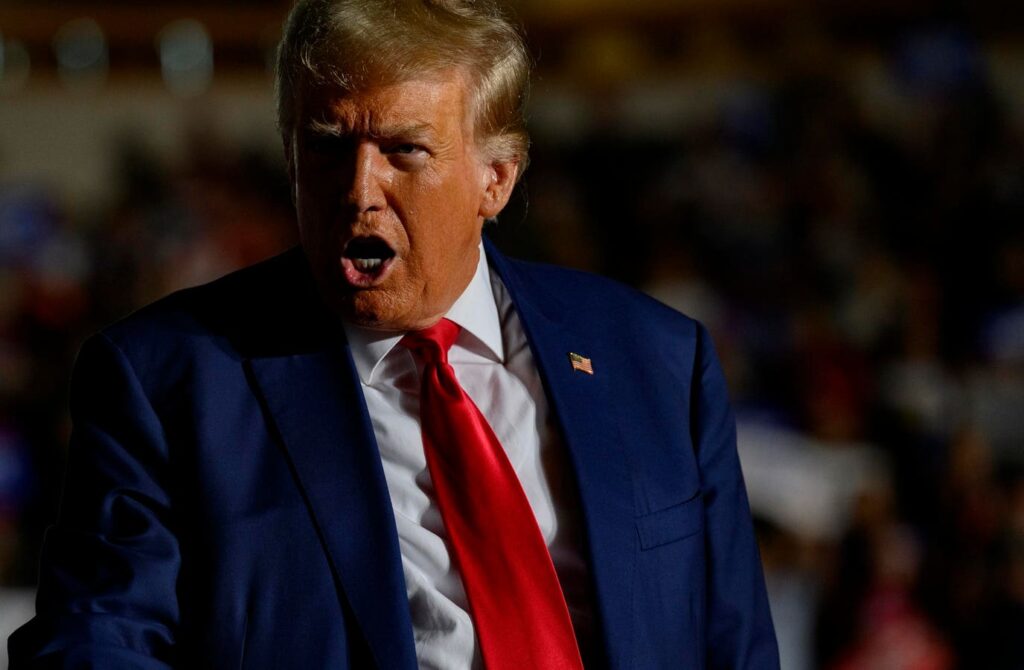Donald Trump has named Scott Bessent, a prominent hedge fund manager known for his advocacy of cryptocurrency, as his candidate for Treasury Secretary. Bessent’s background includes being the chief investment officer for George Soros and founding Key Square Capital Management. He has consistently promoted the transformative potential of blockchain technology and digital assets, setting his views apart from the more cautious regulatory framework established by the Biden administration, particularly under Treasury Secretary Janet Yellen. Should Bessent be confirmed, his oversight could drive a more favorable environment for cryptocurrencies, enhancing their legitimacy and potentially paving the way for their integration into the traditional financial ecosystem.
Bessent’s pro-crypto stance is well-documented, as he has long articulated the positive impacts of blockchain on modern financial systems. In a recent interview, he emphasized that cryptocurrencies signify freedom and are fostering engagement among younger individuals previously excluded from financial markets. His substantial investments in blockchain startups and decentralized finance (DeFi) initiatives further reflect his belief in the long-term sustainability and potential of digital assets. This approach starkly contrasts with Yellen’s warnings about the risks associated with cryptocurrencies, which include their potential use in illegal activities and broader concerns regarding systemic financial stability.
Trump’s interest in digital currencies aligns with Bessent’s perspectives. During his campaign, Trump notably became the first candidate to accept crypto contributions, indicating his openness to digital innovation. His hint at establishing a federal Bitcoin reserve and advocacy for Bitcoin investment, characterized by his assertion that the government should hold onto Bitcoin, signify his willingness to adopt pro-crypto policies. This shift in attitude towards cryptocurrencies distanced Trump from the Biden administration’s more aggressive regulatory approach, drawing the support of prominent crypto lobbyists and industry leaders, including substantial contributions from influential figures in the industry like Cameron and Tyler Winklevoss.
The nomination of Bessent signals a potential transformation in cryptocurrency regulation. Over the years, the industry has faced challenges due to inconsistent regulatory measures from the Biden administration, which have hampered its mainstream acceptance. Bessent’s leadership as Treasury Secretary might offer a clear regulatory framework that could better facilitate growth in the digital asset sector. Ripple’s CEO, Brad Garlinghouse, praised Bessent, labeling him as possibly the most pro-innovation and pro-crypto Treasury Secretary to date. Yet, skepticism remains, particularly over whether his background will sufficiently safeguard the interests of retail investors and smaller crypto firms, as many fear that his hedge fund ties could favor larger institutional players.
Should Bessent assume the role of Treasury Secretary, he would face the formidable task of balancing innovation against necessary regulatory measures. He has expressed optimism regarding the power of blockchain to innovate and streamline financial processes but understands the importance of ensuring that regulations evolve to address legitimate concerns associated with the crypto market. His advocacy for “smart regulation” positions him as a figure likely to push for policies that favor innovation while maintaining oversight, emphasizing a need for collaboration between fostering new technologies and managing potential risks effectively.
Ultimately, while there is considerable excitement surrounding Bessent’s potential to lead the Treasury towards a more open and constructive regulatory environment for cryptocurrencies, the political landscape poses significant hurdles. The requirement for legislative approval for any sweeping regulatory reforms means that any major changes will hinge on bipartisan consensus. Thus, while the industry may welcome his nomination, the road ahead remains one filled with complexities, as navigating between innovation and regulation will be critical in ushering in a new era for cryptocurrency in the U.S. under his potential leadership.

